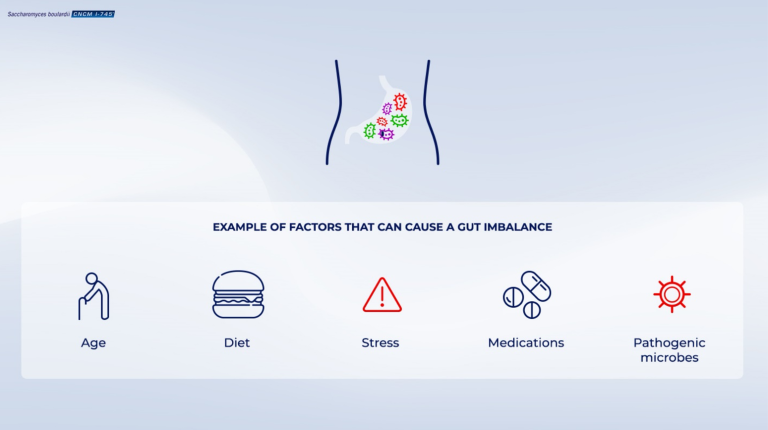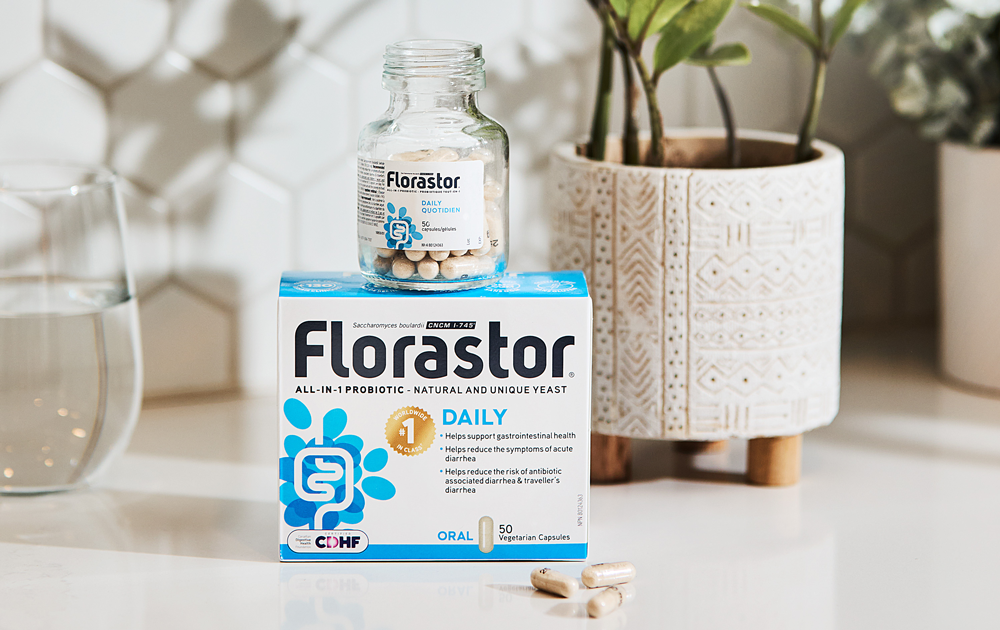Microbiome day is upon us and we are celebrating this day on June 27th 2022.
I am so happy that this topic is becoming more and more important and there is an increased awareness.
But…what is the microbiome / microbiota?
It is important to understand the difference between the microbiome and the microbiota
The microbiome refers to the microorganisms and their genes whereas the microbiota only refers to the microbes themselves.
The microbiota plays such a vital role towards our overall health but what exactly is the microbiota? The microbiota is the community of microorganisms (such as fungi, bacteria and viruses) that exists in a particular environment and in humans, it is often used to describe the microorganisms that live in or on a particular part of the body, such as the skin or the gastrointestinal tract.
Did you know that there are trillions of microorganisms hard at work deep down in your digestive system? The human intestine has many bacteria, fungi and viruses making up what is now known as our “gut microbiota” and they keep our gut healthy, strengthens our immune system and have the biggest impact on our well-being. They also help us digest food and produce vitamins and hormones that are essential for our health.
How does it impact our gut health?
Unfortunately, when things get out of balance, we can experience symptoms ranging from gas, bloating, constipation, diarrhea, sleep disturbances, skin irritations and even food intolerances. Therefore, it is very important to keep our gut microbiota as healthy as possible and there are some simple and effective ways that are super easy to incorporate into our daily routine to maintain a healthy gut.
Keep in mind that there are several factors that have been shown to contribute to an imbalance of microorganisms in the gut such as: antibiotics use, a diet high in processed foods and added sugars and low in fiber, lack of daily probiotic, physical and mental stress, alcohol misuse, gastrointestinal infections and age. Numerous studies have demonstrated links between gut health and the immune system, mood, mental health, skin conditions.

Therefore, taking care of our gut should be our priority. The following are some of my recommendations that can be incorporated daily for better gut health.
5 ways to improve your gut health
- First, we need to control and lower the stress levels. Simple ways such as daily meditation and journaling have been shown to help a lot.
- Second, we need to get enough sleep. Aim to get on average 8 hours of sleep and limit electronic use before bedtime.
- Third, taking a well-researched probiotic such as Florastor, which has been proven in over 100 clinical studies, not only to protect and restore gut balance but also to strengthen the immune system. It flushes out bad bacteria while boosting the good bacteria to restore your natural flora and digestive balance. Florastor is a daily probiotic which contains the unique probiotic yeast Saccharomyces boulardii CNCM I-745 and comes either as a capsule or a powder sachet that are easy to dissolve and that does not require refrigeration. With over 65 years of use and research, Florastor remains one of the most trusted probiotic brands worldwide.
- Fourth, nutrition is super important to a healthy gut therefore it is important to incorporating a proper diet by eating nutrient-dense whole foods such as eating plenty of vegetables, fruits, legumes, lean protein, and healthy fats. Furthermore, adding foods rich in prebiotics and probiotics to your diet is very important. Prebiotics are specialized plant fiber that act like fertilizers that stimulate the growth of healthy bacteria in the gut and are found in many fruits and vegetables from asparagus to yams and examples of foods rich in probiotics are yogurt and Sauerkraut to name a few.
- Finally, it is important to avoid taking antibiotics unnecessarily because they change the flora of your gut especially killing off healthy gut bacteria during use.
I hope you now understand how important it is to keep our gut microbiota healthy. This micro-ecosystem created by the organisms that covers our lining of the gut plays an oversized role in our overall health and what you feed your microbiota may have the biggest impact on your health. I hope you will incorporate some of the ways to maintain a well-balanced microbiota because after all the healthier it is, the healthier you are.
Wishing you health and happiness,
Jenny Stepanian
BSc.Phm
Nutrition and Metabolic Syndrome: Lifestyle Medicine certificate, Harvard Medical School
Pharmacist, University of Toronto
IG: @wellthypharmacist
- https://www.genome.gov/genetics-glossary/Microbiome
- https://www.mayoclinic.org/prebiotics-probiotics-and-your-health/art-20390058
- Stier, 2016. Influence of Saccharomyces boulardii CNCM I-745 on the gut-associated immune system. Clinical and Experimental gastroenterology. 2016;9 269-279.
- Pais, 2020. Saccharomyces boulardii: What Makes It Tick as Successful Probiotic? J of Fungi. 2020; 6(2), 78
- https://www.ncbi.nlm.nih.gov/pmc/articles/PMC3539293/
- Peera Hemarajata and James Versalovic, 2013. Effects of probiotics on gut microbiota: mechanisms of intestinal immunomodulation and neuromodulation; 2013 Jan; 6(1): 39–51.
- ncbi.nim.nih.gov/pmc/articles/pmc6699480
- https://cdhf.ca/health-lifestyle/dysbiosis-ibs/
- https://www.hsph.harvard.edu/nutritionsource/microbiome/
- https://www.apa.org/topics/mindfulness
- meditation#:~:text=Researchers%20reviewed%20more%20than%20200,%2C%20pain%2C%2sssmoking%20and%20addiction.





.jpeg?sw=375&sfrm=png&q=90)
